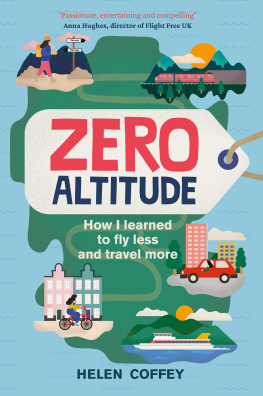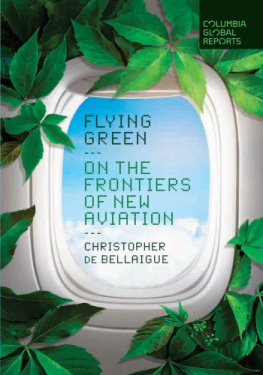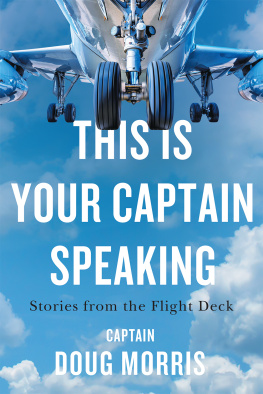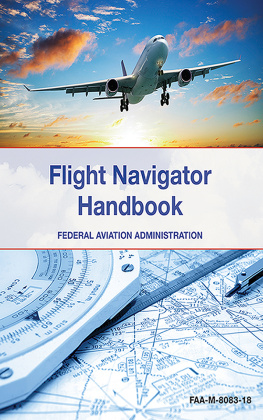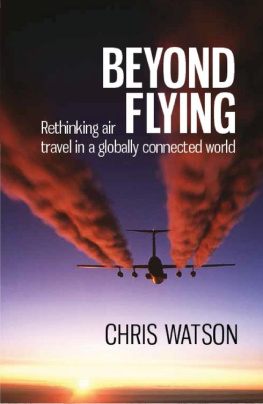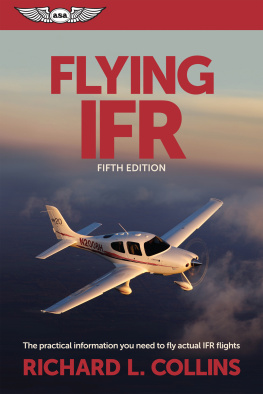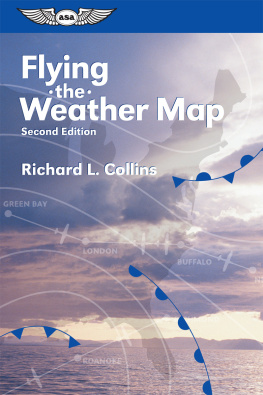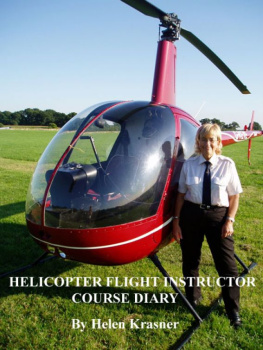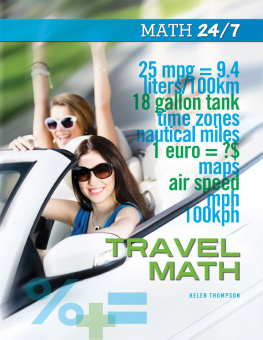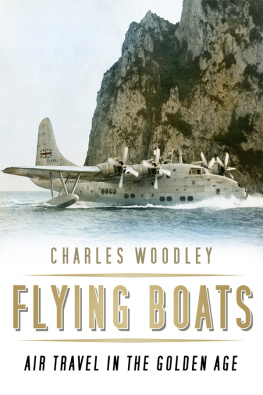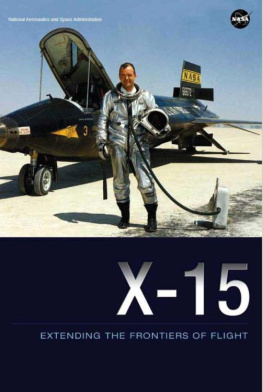Contents
Guide


For Sara and the Smoo: the wind beneath my (metaphorical) wings
First published 2022
FLINT is an imprint of The History Press
97 St Georges Place, Cheltenham,
Gloucestershire, GL50 3QB
www.flintbooks.co.uk
Helen Coffey 2022
The right of Helen Coffey to be identified as the Author of this work has been asserted in accordance with the Copyright, Designs and Patents Act 1988.
All rights reserved. No part of this book may be reprinted or reproduced or utilised in any form or by any electronic, mechanical or other means, now known or hereafter invented, including photocopying and recording, or in any information storage or retrieval system, without the permission in writing from the Publishers.
British Library Cataloguing in Publication Data.
A catalogue record for this book is available from the British Library.
ISBN 978 0 7509 9572 6
Typesetting and origination by The History Press
Printed and bound in Great Britain by TJ Books Limited, Padstow, Cornwall.
eBook converted by Geethik Technologies

Contents
Authors Note
When I had the idea for this book to attempt, as a travel journalist, to go flight-free for a year the world was set on one obstinate course from which there was seemingly no turning back: growth. Growth, growth and more growth, ever expanding, no slowing down. This was true of world economics, of consumption and, of course, of flying. Despite promises about reaching carbon neutrality by 2050, airlines were doing little to curb that growth. Rather, with pound signs in their eyes, they were set on further expansion and better connectivity; more bums on seats and more seats to put bums on.
It felt like a giant, unshiftable weight, the momentum of which was too great to contemplate. Some people were contemplating it, of course, and arguing loudly for reduction in response to overwhelming climate science that said we needed to change our habits now yet these courageous dissenters were an outspoken but tiny minority.
Then along came coronavirus.
Things that seemed impossible happened. Planes stayed on the tarmac. Airlines cut down and cut down and cut down until there was nothing left of their schedules. The world stood still for a moment. The world held its breath.
The pandemic did what decades of campaigning could not it forced everyone to go flight-free. I was no longer alone in my project of trying to stay grounded; the rest of the planet was joining me, whether they wanted to or not.
This huge, world-altering event did several things. Firstly, it put airlines already on the brink out of business. Flybe was the first to topple, but others followed suit, with Virgin Australia and Colombias Avianca both filing for bankruptcy in spring 2020. Virgin Atlantic was forced to come up with a complex restructuring deal to stay afloat, while British Airways, easyJet and Jet2 axed great swathes of their staff. Government bailouts were dished out to airlines across the globe to the tune of $58 billion in the US. By the time we globally got more of a handle on Covid-19, the aviation industry had been changed irrevocably. Its why, when I refer to stats about flying in this book, I will often take numbers from 2019 the data from 2020 in no way reflects the norm about our flying habits, and is therefore only of limited use.
Secondly, people themselves had changed: theyd had to become creative to stay connected without leaving the house. Video apps like Zoom and Houseparty exploded in popularity, virtual pubs were created with virtual quizzes, people met for dinner and drinks from their own kitchen tables and even went clubbing in their living rooms. Humans are incredibly sociable, yes, but also incredibly adaptable. We realised we could easily hang out with someone on the other side of the world without going to the other side of the world. More than that, an entire market, that of business travel, was proven practically obsolete overnight. Why pay for an employee to take an expensive flight across continents for a meeting that could take place on Microsoft Teams for free?
All that is to say, weve seen a future now where we could fly less. A lot less. Weve experienced a world in which we use the brilliant technology at our disposal to hold meetings with people in different time zones, attend conferences and workshops online, and spend intentional, meaningful time with friends and family who are far away. We havent quite mastered creating a virtual tropical island paradise in dreary suburbia yet, but it cant be far off.
And yet, despite all this, we already saw things reverting to the status quo in 2021. Airlines gradually ramped up their schedules, demanding even more tax breaks and incentives to get people flying again. Theres a real possibility we have learned nothing from our brush with the apocalypse; theres a real possibility that, in our desperation to feel secure and normal again, we will give up all our insight and, more importantly, the potential for real change. Because now is the moment when we could rebuild a better, cleaner, greener industry.
Its not to say we should completely live our lives without flying but this latest crisis has shown us that perhaps we dont need to do it as much as we thought.
Travel, in all its mind-opening glory, is still my bread and butter. Part of this exploration was to find out how bad air travel is for the planet in the grand scheme of things, and whether theres a possible sustainable future for aviation. The other goal was to discover just how diverse and exhilarating travel can be when you stay grounded. In some ways, the positives people took from lockdown time to pause, quiet to reflect, a gentle slowing down of pace are perfectly mirrored by the slow travel experience.
Now that lockdowns have lifted and life has begun to revert to its old shape, my biggest hope is that we become more intentional with our time and money when it comes to travel. That, having pressed pause on life for a little while, were able to stop and take stock of what matters to us: the dream trips wed like to carefully, painstakingly curate, with the way we get there forming just as big a part of the planning as the there itself. Mindful travel, you could call it.
Who knows, maybe more people will join me in this experiment (voluntarily this time) not because they have to or feel guilted into it, but because, after the pandemic, they want to experience the world from a different perspective. Flight-free 2020 may have been an accident; lets make the next flight-free years intentional.
Acknowledgements
If it takes a village to raise a child, it takes a disparate but vast community of beautiful people to birth a book.
First up, a huge thank you to my agent at Northbank Talent Management, Martin Redfern, and my editor at Flint, Simon Wright, for believing in this project right from the off and never faltering (even when my own enthusiasm waned due to the minor stumbling block of a global pandemic).
I am hugely indebted to Anna Hughes, the founder of Flight Free UK, and the British contingent of flight-free pledgees for their unwavering passion and deeply inspiring brand of evangelism this book simply would not exist if they hadnt presented such compelling and compassionate arguments for staying grounded.

